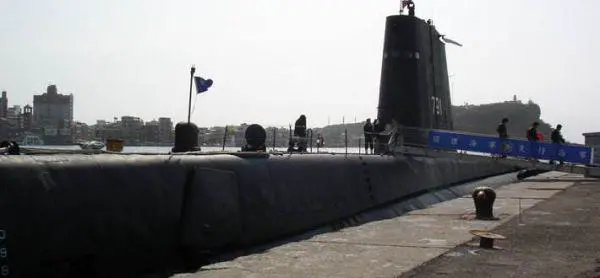U.S. President Barack Obama came out strong against Islamic State (IS) terrorists on Wednesday, but it remains to be seen whether his plans will lead to the defeat of the radicals.
The IS, also known as the Islamic State of Iraq and Syria (ISIS) , has drawn alarm after overrunning vast swaths of territory in Iraq in a bid to set up their own nation-state ruled by radical Islamic laws. The terrorists have killed children, executed prisoners and enslaved victims. They also sent shock waves across the world after beheading two U.S. journalists and posting videos of their horrific deaths online.
The terrorists have threatened the U.S. recently, saying they would "raise the flag of Allah in the White House," while memories were still fresh from the Sept. 11, 2001 attacks on New York and Washington that claimed nearly 3,000 lives.
"If you threaten America you will find no safe haven," Obama said in Wednesday's nationally televised speech, gaining praise from many pundits who previously blasted him for what they billed as reluctance to step up to the threat.
Some analysts were positive on Obama's speech, contending the president deserves credit for getting tough on IS.
"His vow to pursue them wherever they raise problems will be well received by the American public," Brookings Institution's senior fellow Darrell West told Xinhua, adding that U.S. Congress will support Obama's plan. "Public outrage over this terrorism will unite Democrats and Republicans," he added.
Patrick Johnston, associate political scientist at the RAND Corporation, told Xinhua that Obama's plan is workable, noting it will rely on an international coalition against IS and lead to more aggressive targeting of the group, which is likely to reduce its freedom of movement and put it on the defensive.
James Phillips, senior research fellow at the Heritage Foundation, said the Obama speech "has some strong and welcome notes - the pledge of a systematic and sustained counter terrorism campaign, the promise to hunt terrorists wherever they are."
Still, skepticism remained on how workable the Obama plan is because it was short on details and rests mainly on a coalition with states and those fighting IS on the ground.
Phillips argued that the Obama address fell short of what he had promised, which was a comprehensive strategy to defeat and destroy IS. "The speech failed to deliver as advertised. Rather than articulate a strategy, the president merely listed goals," he said.
The biggest disappointment, Phillips added, was that Obama is clinging to "an arbitrary timetable for withdrawal from Afghanistan... The Iraq implosion was a wakeup call, but it appears the president has hit the snooze button."
While Obama said he would take on radical Islamist ideology, critics noted he never once in the speech used the term "Islamic terrorism". Instead he made several references to "terrorism", prompting critics to blast him for allowing political correctness to trump identification of the threat (although all sides note that the majority of Muslims worldwide are peaceful).
Appearing on Fox News on Thursday, Republican Representative Peter King urged Obama not to be so "politically correct" and called on him to accurately identify the enemy.
Johnston said what is unclear is how effective Iraq's new government will be, and how effective Iraqi national guard units will be fighting against IS on the ground.
 简体中文
简体中文



